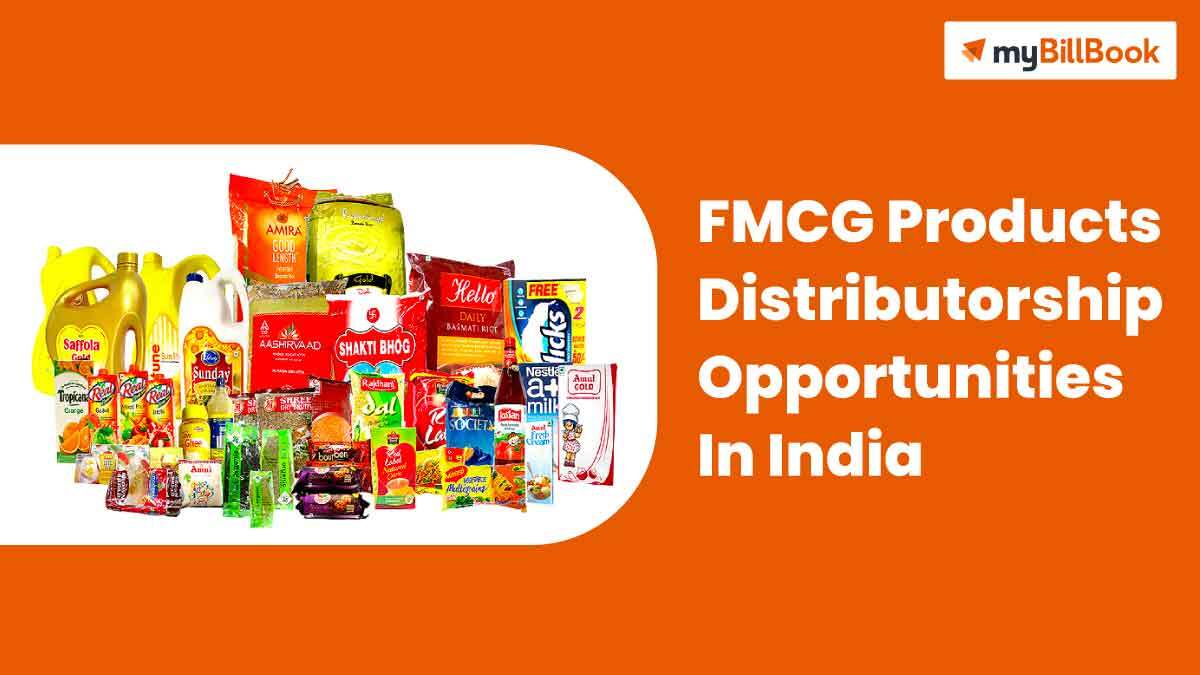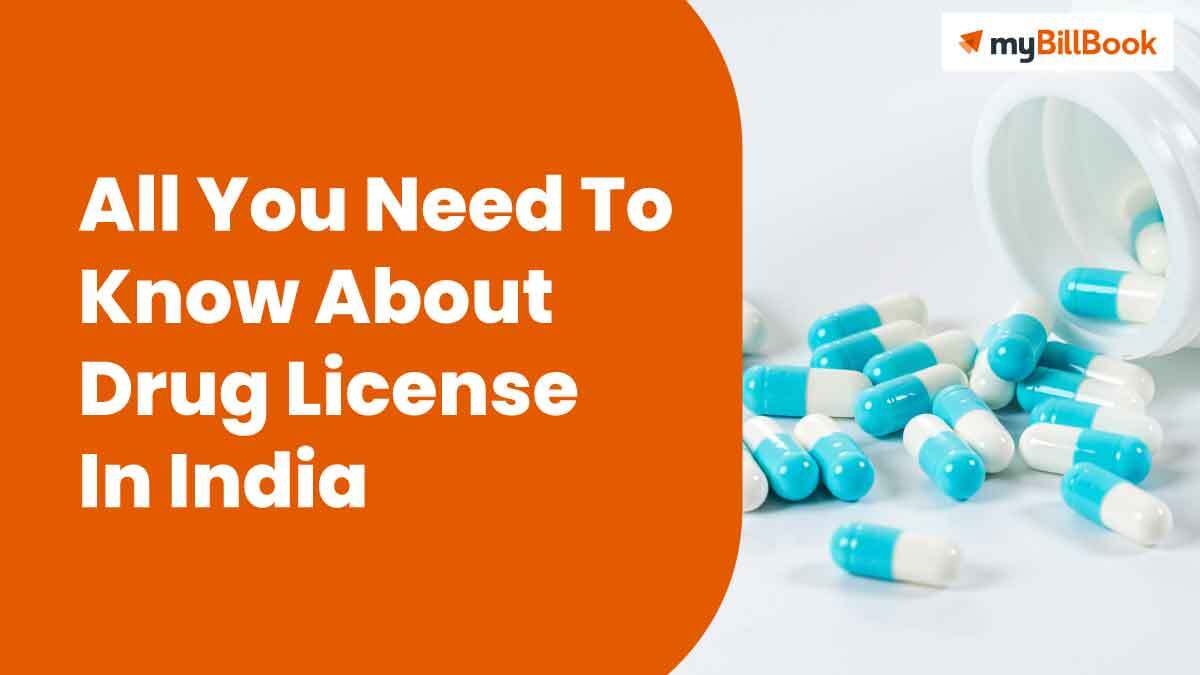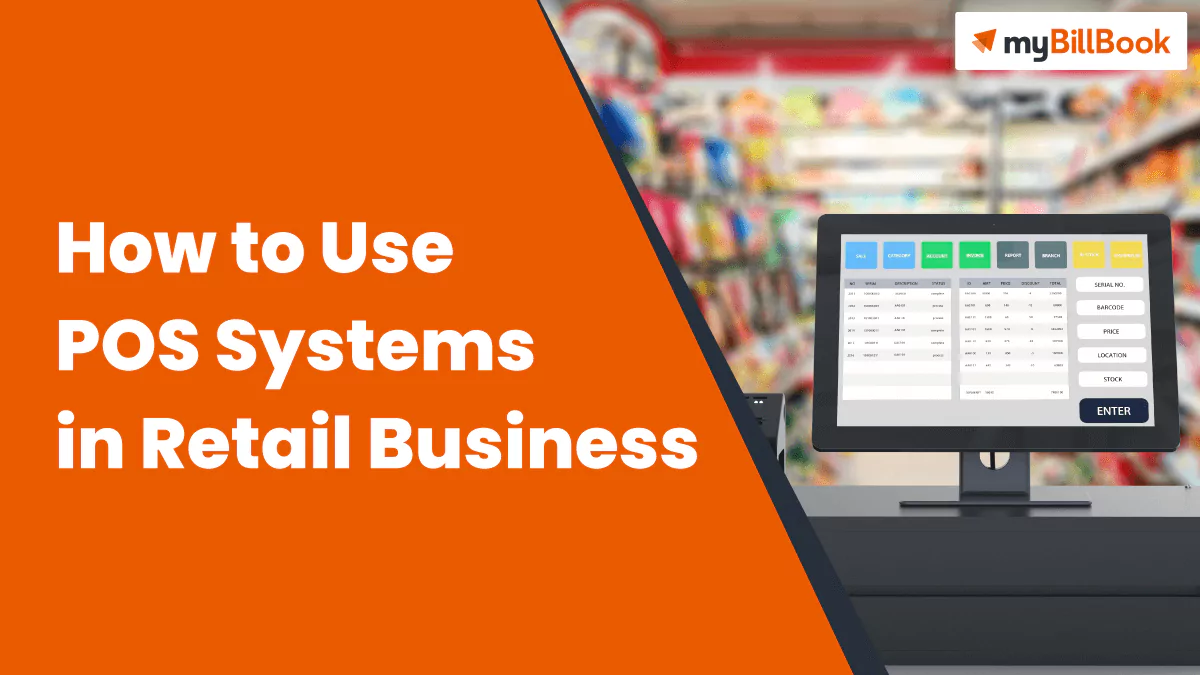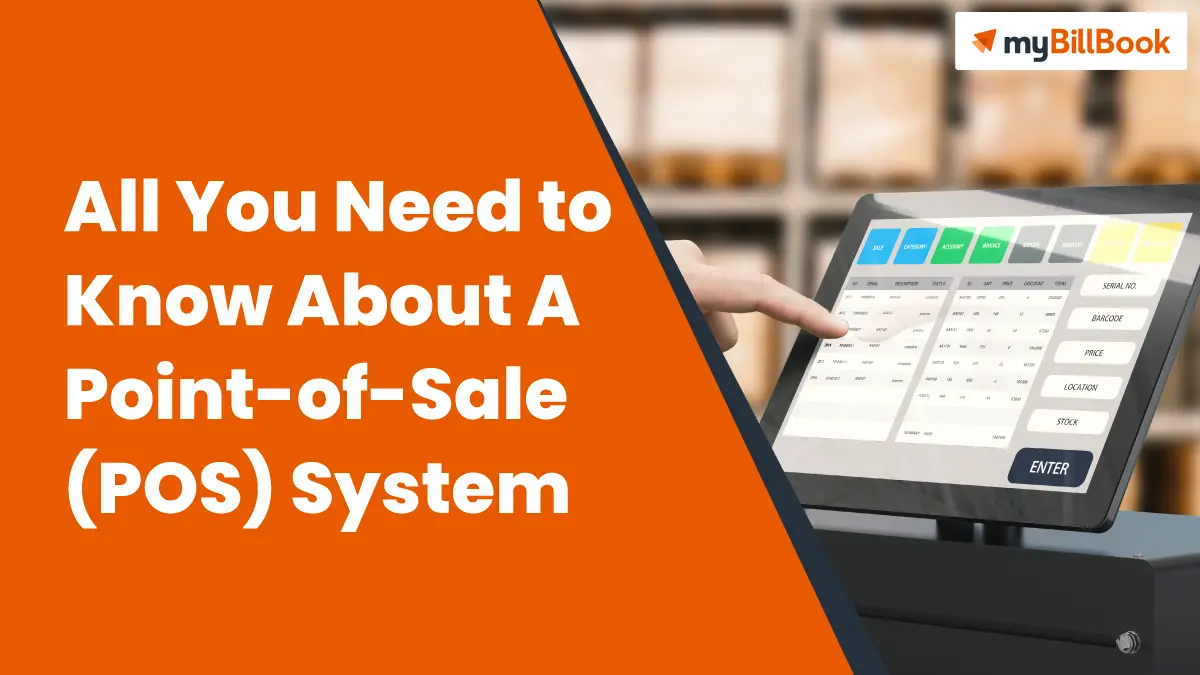Consumer products that are sold quickly at a relatively lesser price are categorised as fast-moving consumer goods which in short is known as FMCGs. If managed properly, FMCG presents an excellent business opportunity. The FMCG industry offers a wide range of goods, including cosmetics, soft drinks, and food.
FMCG is the fourth largest industry in the Indian economy, with the urban segment accounting for around 55% of total revenue. However, rural India’s FMCG sector has grown faster than its urban competitors, owing to increased internet access, expanding awareness, rising income, and changing consumer preferences. It has been stated that FMCG products represent 50% of rural expenditure, which shows the fast growth in rural and semi-urban customers.
As a result, launching an FMCG products distributorship can be an interesting and profitable business venture. You can become a market supplier to retailers, FMCG distributors, and exporters or sell directly to customers.
What is FMCG Distribution?
Consumer goods with cheap prices have strong demand, known as FMCG. The best examples are household goods, clothing, and food. A retail store is where a consumer buys the items. FMCG retailers include stores like Big Bazaar, D-Mart, and local supermarkets.
When it comes to fast-moving consumer goods, a distributor serves as a gateway between producers and consumers. He is responsible for distributing their products within a specific geographic area for a specific FMCG products distributorship. You can become an FMCG distributor depending on what kind of store you choose.
Categories of FMCG products distributorship
- Processed Foods
- Beverages
- Dried Products
- Ready-to-Eat Meals
- Cosmetics
- Toiletries
- Medications available over-the-counter
- Candy
- Organic and fresh local foods
- Frozen foods
- Bakery Products
- Consumer electronics
- Office Equipment
- Cleaning Supplies
The distributor’s role in the FMCG channel
Distribution is buying products from suppliers and selling them to retailers or end-users. When a distributor and supplier agree on the distribution of products, this is known as a distributorship agreement.
The FMCG industry relies on distributors. An FMCG distributor typically has exclusive rights to distribute a particular line of products within a specific geographic area. He will be in charge of product dispersion, market coverage, and retail penetration.
In the FMCG platform, FMCG distributors perform the following functions
- He buys things in bulk from manufacturers and sells them in small quantities to retailers.
- He receives orders from institutions and shops and ensures that things are delivered quickly and satisfactorily.
- He monitors product inventory and manages outlet requirements through their inventory.
- He provides the necessary funding to enable the retail market to access credit.
- He grew the retail market and the number of products sold in stores by opening new stores.
- He is responsible for field-level marketing efforts such as in-store and H2H promotion.
- He assists in minimising and resolving client complaints.
Certain requirements to obtain FMCG products distributorship
There are certain fundamental requirements of the organisation from FMCG distributors, such as solid financial support, improved infrastructure and transportation capabilities, adequate workforce, improved knowledge of software applications, and a well-established reputation in the industry.
However, 3 key features will distinguish you as the company’s best FMCG distributor. This way, you can establish a long-term relationship with the organisation.
1. Business Skills
The first requirement is business expertise. No one can keep you from advancing if you have strong business expertise in the FMCG industry.
Knowing your target market, retailers, and shortages in the market can help you better target your marketing efforts. However, if you wish to advance in your career, these are insufficient.
There is no such thing as a static person in today’s environment. Even if you only have 30% of the market, you still need to grow. You must align your level with the growth of those around you.
2. The quality of leadership
You must show your strength and consider what qualities you require to be a successful leader. Finally, you must control your sales stream, regardless of whether people regard you as a leader or role model. It doesn’t matter if your employees appreciate you or respect you as a leader.
This reveals your leadership skill. This is a self-motivated action for your business.
3. Trader’s relationship
Changing FMCG distributors will not affect retailers because they have no experience dealing with their existing distributors. Therefore, if the company switches distributors, retailers will be unaffected.
That’s why it won’t affect the business. Instead, improved market relations will lead to improved business relations.
A trade interaction is proportional to a company relationship. Therefore, take control of retailers and provide them with the greatest and most dedicated services to earn their loyalty and trust.
Different kinds of distributorship in the FMCG industry
There are five distinct types of FMCG products distributorship. Additionally, you may select any distributorship from these five categories based on your needs.
1. Traditional trade distributorship
This category includes all grocery, Kirana, and ordinary shops. These distributors provide service to these retail stores.
Therefore, ensure that you are familiar with the entire area and have a good position in the marketplace. Additionally, you must be active and make regular visits to the market.
Apart from financial constraints, these are the most basic requirements: godowns, infrastructure longevity, and transportation facilities.
2. Wholesale distributorship
Typically, commodity manufacturers were the most in-demand to purchase wholesale distributors. The wholesalers must be sufficiently strong because goods such as pulses, wheat flour, and other similar products are mostly marketed through wholesalers.
As a result, they are the primary cause for the existence of distinct distributors just for wholesale stores. They do not sell directly to the supermarket, Kirana, or general stores. Instead, these distributors provide their services exclusively to wholesalers.
3. Modern trade distributorship
Modern trade outlets include large marketplaces and retail establishments like big bazaars and reliance fresh. If you wish to join a modern trade distribution company, you should contact a company that specialises in modern trades.
Such distributors are available at any FMCG company, and those who deal primarily in premium items will give you the greatest prospects because modern trade is a major focus for them.
4. Institutional distributorship
Corporate entities, hotels, public sector entities, and railways fall under institutional categorisation. Furthermore, the numerous FMCG corporations distribute their products primarily to distributors rather than through wholesalers or retailers.
So, if your growth in the double-line sector is stronger, you may be eligible for this distribution. But, again, personal supervision is a plus for institutional distributors, as with current trade distributors.
5. Super stockist distributorship
FMCG firms use super stockists to reach out to rural areas. They give services to the small distributor in nearby communities, who distribute the goods to villages.
Thus, super stockists serve as the primary gateway for sub stockists. For such distributors, the fundamental requirement is that you should have a specific location.
Starting your independent FMCG products distributorship
The following are some considerations to make before beginning an FMCG distributorship firm.
a) Decide on your product
FMCG consists of numerous products. Plan the Brand products you wish to distribute before starting your enterprise. You could specialise in a single product or sell a variety of products.
Your choice may be influenced by a particular interest or a product you haven’t seen or used before. The product’s demand and future should be thoroughly researched.
Focus on things that are always in demand or necessary for daily life, such as cookies, wafers, dishwashing liquid and liquid soaps, ice cream, and other confectioneries.
b) Entrepreneurship plan
A business strategy is the bedrock of any successful enterprise. Create a business plan that details your FMCG distribution business’s overall vision. It makes it easier to stay on track and manage your business. The form of distributorship you would be, and also your target customer, your management framework, along with marketing and supply chain strategies, should be included in your business model.
c) Registration & Licensing
It is critical to register your business first. Obtaining a business license and registering it are the first steps to making your enterprise legitimate. Check your state’s requirements for registering your business. You should also specify if you require forming an operational agreement or another kind of founding document.
d) Location
Another essential condition determining your distribution company’s success is its location. Your products and delivery type decide the volume of your storage space. Consider starting simple as your business establishes a reputation. Then, as your firm grows, you can expand into larger spaces, a distribution warehouse that can manage your inventory needs.
How to get started as an FMCG distributor?
Getting into the distribution business may be a profitable initiative that benefits out significantly in the long run. However, the best way to be an FMCG distributor depends on your interests, where you reside, and how much funds you have to spend. Despite this, you can take a few crucial steps to lay the foundation for a successful career in distribution. Here are 5 steps you can do before a company chooses you as a distributor
- The ability to make financial investments in the organisation is the most crucial requirement. Distributors must be capable of spending that amount of funds as their business’s monthly turnover.
- You need to have experience in the FMCG industry. Prior experience can assist in ensuring the continued success of a corporation. Relationship with local stores is critical for growing your organisation’s market exposure.
- Whether delivered or not, all orders are collected the next day as service to retail outlets. An incomplete order can affect a business’s reputation and lead stores to stock products from competitors.
- A FMCG distributor must be ready to give credit facilities; this benefits both the distributor and the turnover.
- An inventory management system must be implemented by a FMCG distributor and warehousing and sales staff to receive orders from the marketplace, vehicles leased, and bills sent out to merchants.
Conclusion
There are numerous attractive distributorship opportunities in FMCG, suitable for organisations of all sizes. Although it’s a highly competitive industry in India right now, if you prepare well enough and begin as soon as possible, you can enjoy its benefit. If you have a solid business strategy, you can adopt any distribution technique you like. There are various lucrative distributorship opportunities in FMCG, with opportunities for businesses of all sizes. The industry remains one of the most competitive industries in India at present. If you plan wisely and get started early, you may get the benefits of your life.
FAQs on FMCG Products Distributorship
What payment methods do FMCG distributors accept?
While cash continues to be the most popular way of payment in the FMCG industry, distributors have begun to accept alternative payment methods such as cheques, BHIM, PhonePe, Paytm, and Gpay. However, payment methods and policies differ by the distributor.
What is the best product for distributorship of FMCG products?
You can become a distributor for a variety of FMCG products. These FMCG distributors offer various products, including cereals, spices, confectionery, vegetables, refreshments, sanitisers, cosmetics, baked products, handicrafts, common medicines, etc.
Are licences needed to start as an FMCG distributor of FMCG products?
Yes, a licence is required to start earning an income as an FMCG distributor. First, they must register their business under state law. They must then obtain a licence from the FMCG maker to distribute their products. This indicates that they will have a contract with the FMCG businesses they select. This makes them authorised distributors who can sell their products to different stores.
What are the different kinds of FMCG?
An FMCG product is a manufacturing or non-industrial product that is regularly sold at a lower retail price and is widely consumed. These are mainly categorised into consumer durables, non-durable products, and services.
How do FMCG distributors and wholesalers differ from one another?
It's common for an FMCG distributor to only collaborate with FMCG manufacturers. They typically work with only one FMCG manufacturer from each industry from which they source their products and services. Wholesalers are exempted from this obligation. Instead, they obtain products from distributors and resell them to retailers.
Read more:







